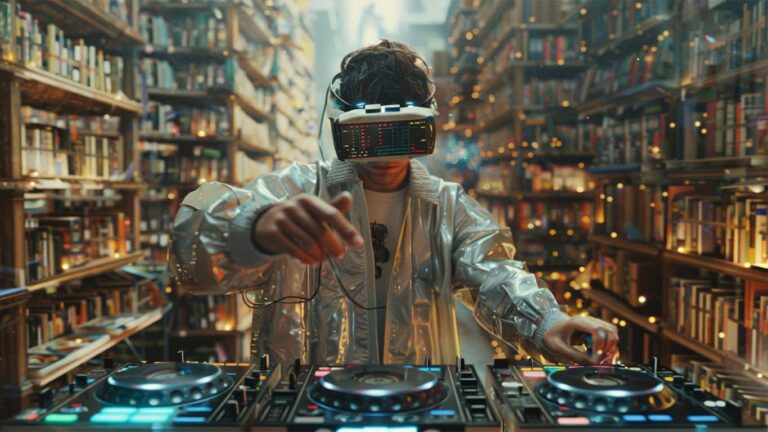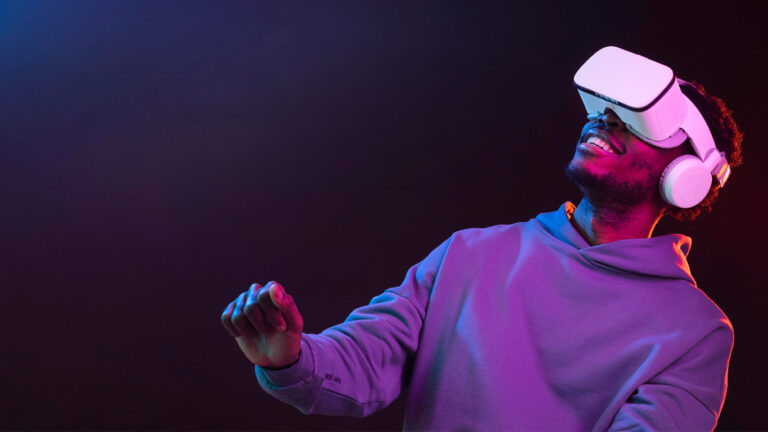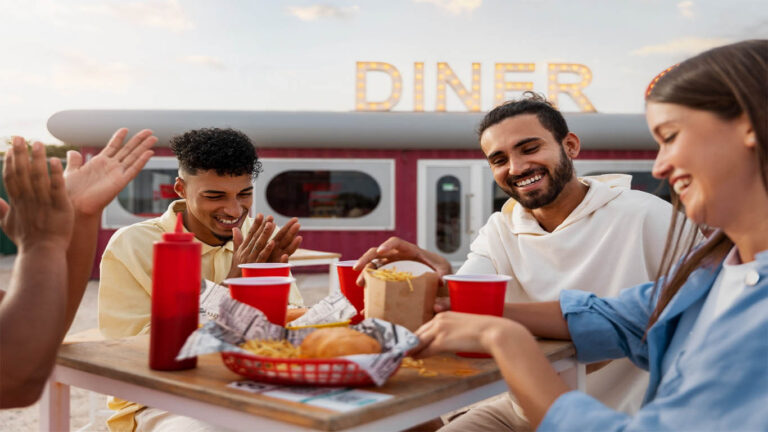
Pop culture has always been in a constant state of evolution, shaped by the technological advances, societal changes, and cultural shifts of each era. Today, however, the way pop culture is created, shared, and consumed has undergone a dramatic transformation thanks to social media. Platforms like Instagram, TikTok, Twitter, and YouTube have revolutionized how entertainment is produced, marketed, and consumed, leading to a faster, more interactive, and increasingly personalized entertainment experience.
A New Era of Content Creation
In the past, pop culture was largely shaped by a select few—television networks, record labels, and movie studios had the power to decide what became popular. Today, anyone with a smartphone and an internet connection can create content that can potentially go viral and capture the attention of millions. Social media platforms have democratized entertainment, allowing anyone, from independent musicians and filmmakers to everyday influencers, to share their work with a global audience.
This shift has led to the rise of “micro-celebrities” and influencers, individuals who have amassed large followings on platforms like Instagram, TikTok, and YouTube. These new influencers often gain fame not through traditional media outlets, but by creating viral moments or content that resonates deeply with their audiences. They shape trends, from fashion and beauty to music and lifestyle, influencing mainstream pop culture in ways that were once impossible.
Social Media as a Marketing Powerhouse
In addition to giving rise to new content creators, social media has also transformed the way pop culture is marketed. In the past, movies, albums, and TV shows relied heavily on traditional advertising—TV commercials, radio ads, and billboards were the primary tools for promotion. Now, social media platforms are the go-to marketing channels. Studios, record labels, and even individual entertainers use Instagram, Twitter, and Facebook to engage with fans in real-time, build anticipation, and share exclusive content. This not only creates excitement around upcoming projects but also allows fans to feel more connected to the artists and shows they love.
Platforms like TikTok have also created viral marketing trends, where short clips or challenges related to a movie or music track can spread like wildfire. For example, a catchy song can become a viral trend on TikTok, leading to chart-topping success and worldwide recognition. Similarly, TV shows and films can gain huge followings before they even hit theaters or streaming platforms, thanks to the buzz created on social media.
The Rise of Fandoms and Fan Communities
Another way social media has shaped pop culture is by amplifying the power of fandoms. Online communities dedicated to specific TV shows, movies, music artists, or video games now have platforms to interact, share their passion, and create their own content. These fanbases can often dictate the success of a piece of entertainment, as fan engagement is now a key metric of success. A dedicated fanbase can generate social media buzz, launch viral campaigns, and even influence decisions about sequels or spin-offs.
Platforms like Reddit, Twitter, and Discord have become virtual meeting places where fans from around the world can discuss their favorite shows or speculate on future plotlines. The feedback and interaction between creators and fans have created a more participatory form of entertainment, where the audience feels like they have a direct impact on the entertainment they consume.
The Speed of Pop Culture
One of the most significant ways social media is shaping pop culture today is through the speed at which trends emerge and fade. In the past, pop culture shifts took years to develop, but now trends can be born and die within days, thanks to viral moments and memes. Social media platforms have accelerated the pace of cultural change, making entertainment more immediate and transient. While this fast-paced environment means that certain trends may burn out quickly, it also allows new forms of entertainment to emerge more rapidly, keeping pop culture fresh and exciting.
Conclusion
Social media has undoubtedly transformed pop culture into a more dynamic, interactive, and fast-paced entity. It has empowered content creators, provided new marketing avenues, strengthened fandoms, and sped up the rate at which trends evolve. As social media continues to grow and evolve, it will undoubtedly continue to shape entertainment, creating an even more interconnected and ever-changing pop culture landscape. The future of entertainment is inextricably tied to social media, and we can expect it to keep driving innovation in ways we can only imagine.
Share this content:






